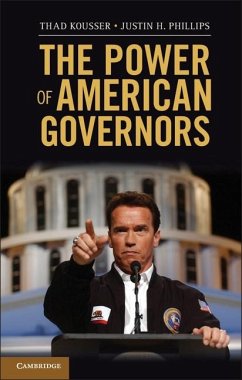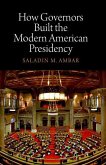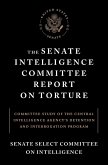With limited authority over state lawmaking, but ultimate responsibility for the performance of government, how effective are governors in moving their programs through the legislature? This book advances a new theory about what makes chief executives most successful and explores this theory through original data. Thad Kousser and Justin H. Phillips argue that negotiations over the budget, on the one hand, and policy bills on the other are driven by fundamentally different dynamics. They capture these dynamics in models informed by interviews with gubernatorial advisors, cabinet members, press secretaries and governors themselves. Through a series of novel empirical analyses and rich case studies, the authors demonstrate that governors can be powerful actors in the lawmaking process, but that what they're bargaining over - the budget or policy - shapes both how they play the game and how often they can win it.
Dieser Download kann aus rechtlichen Gründen nur mit Rechnungsadresse in A, B, BG, CY, CZ, D, DK, EW, E, FIN, F, GR, HR, H, IRL, I, LT, L, LR, M, NL, PL, P, R, S, SLO, SK ausgeliefert werden.









